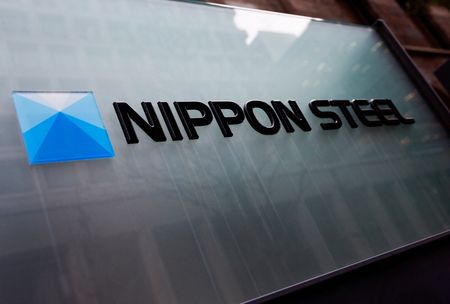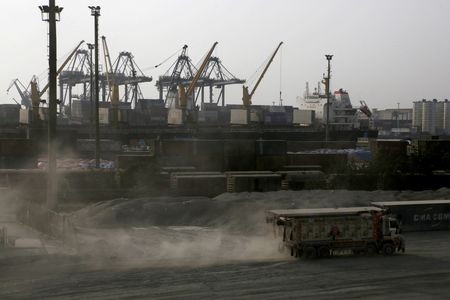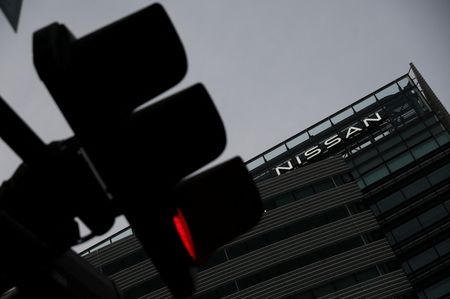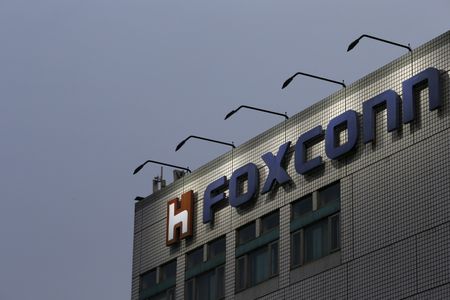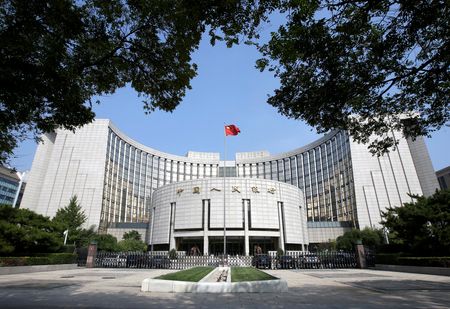By Alexandra Alper
WASHINGTON (Reuters) – A national security panel was divided in its recommendation to President Donald Trump on Nippon Steel’s bid for U.S. Steel but most panel members believe any security risks posed by the deal can be addressed, a White House official said.
The Committee on Foreign Investment in the U.S. on Wednesday submitted a recommendation to Trump about the national security implications of the merger, Reuters reported, as directed by Trump in an executive order signed last month.
But key details had not emerged until now about the contents of the document, submitted after Japan’s Nippon Steel supercharged its pledged investment in U.S. Steel to $14 billion in a last-ditch bid for approval, as reported by Reuters.
“We’ve received the report and the President will review the recommendations of each agency to determine if additional action on this matter is necessary,” the White House official said in a statement. “CFIUS agencies were not unanimous in their recommendation, but the majority believe any risks can likely be addressed through mitigation,” the person added, declining to be named because the matter was not public.
Talks with the U.S. government about the merger are in the final stages, Nippon Steel’s president Tadashi Imai told reporters in Tokyo, declining to provide details but saying the company is awaiting Trump’s decision.
“Through our investment and the transfer of the latest technology, U.S. Steel will be able to maintain its competitiveness in the medium to long term. I hope Trump will approve this deal,” Imai said.
U.S. Steel did not respond to a request for comment.
The recommendation complies with an executive order signed by Trump last month, which tasked CFIUS with outlining whether any measures proposed by the companies assuage the national security risks previously identified by the committee.
The April directive also asked for a statement describing the position of each agency that is a member of CFIUS as well as the reasons behind it.
Trump will now have 15 days to decide the fate of the transaction, although the timeline could slip.
Following a previous CFIUS-led review, former President Joe Biden blocked the deal in January on national security grounds.
The companies sued, arguing they did not receive a fair review process. The Biden White House rejected that view.
Reuters reported this week that if the merger is approved, Nippon Steel has said it would invest $14 billion into U.S. Steel’s operations including up to $4 billion in a new steel mill.
(Reporting by Alexandra Alper, additional reporting by Yuka Obayashi in Tokyo; Editing by Leslie Adler, David Gregorio and David Evans)

